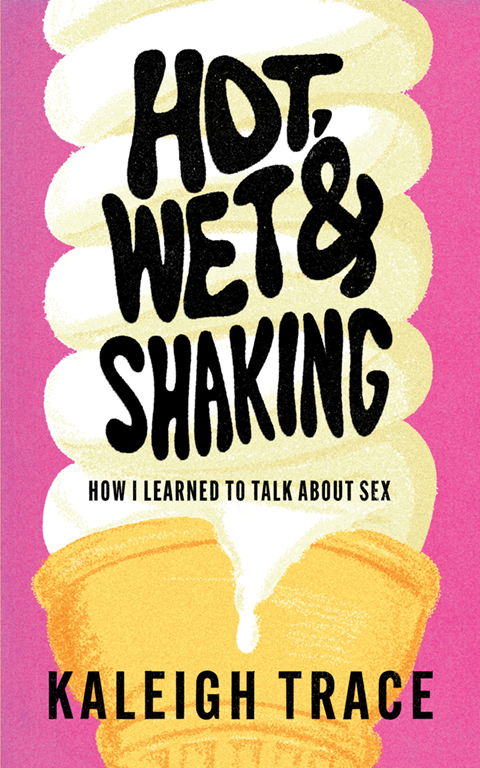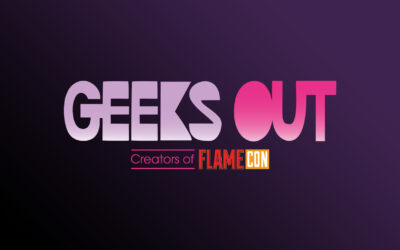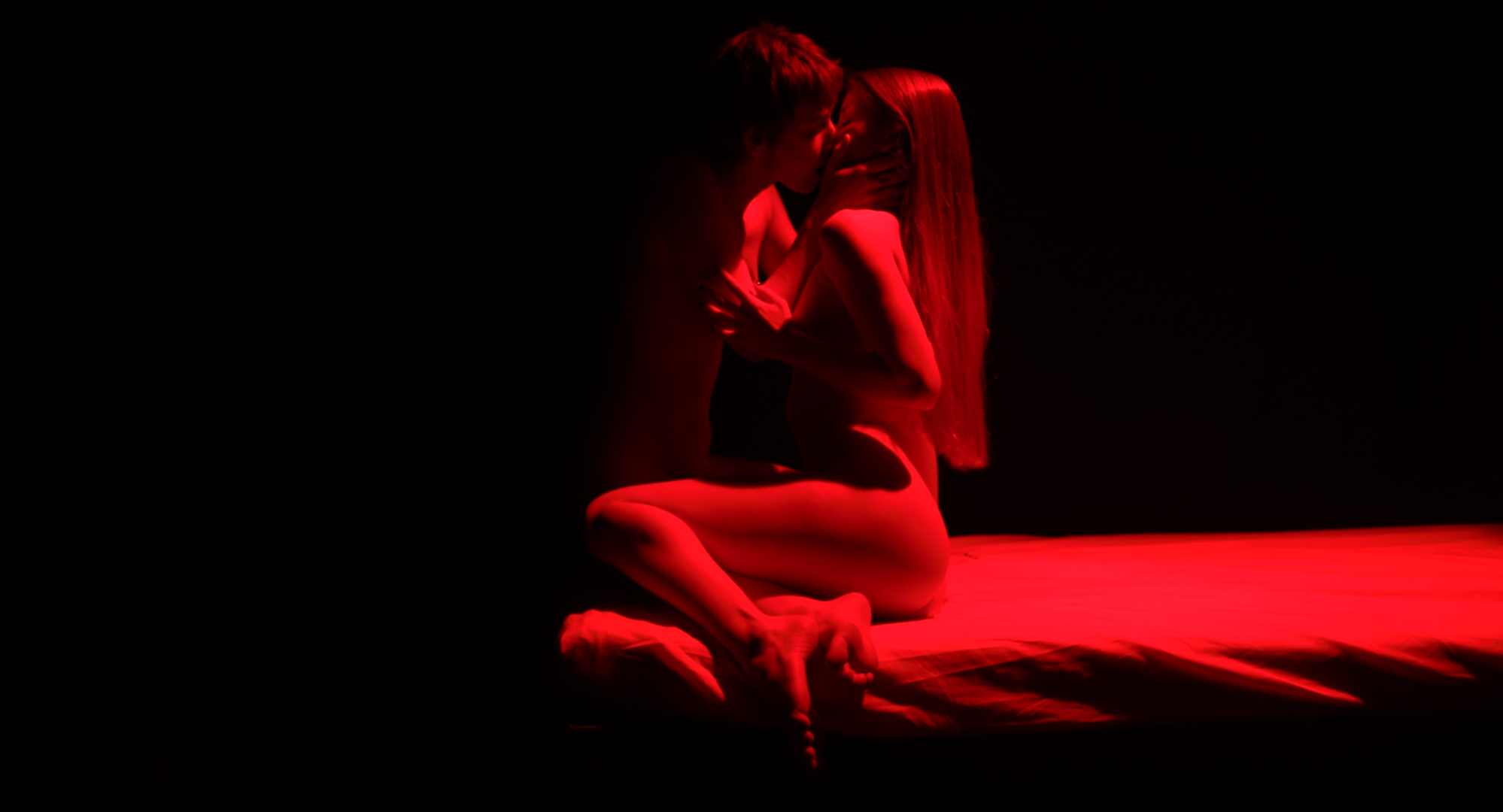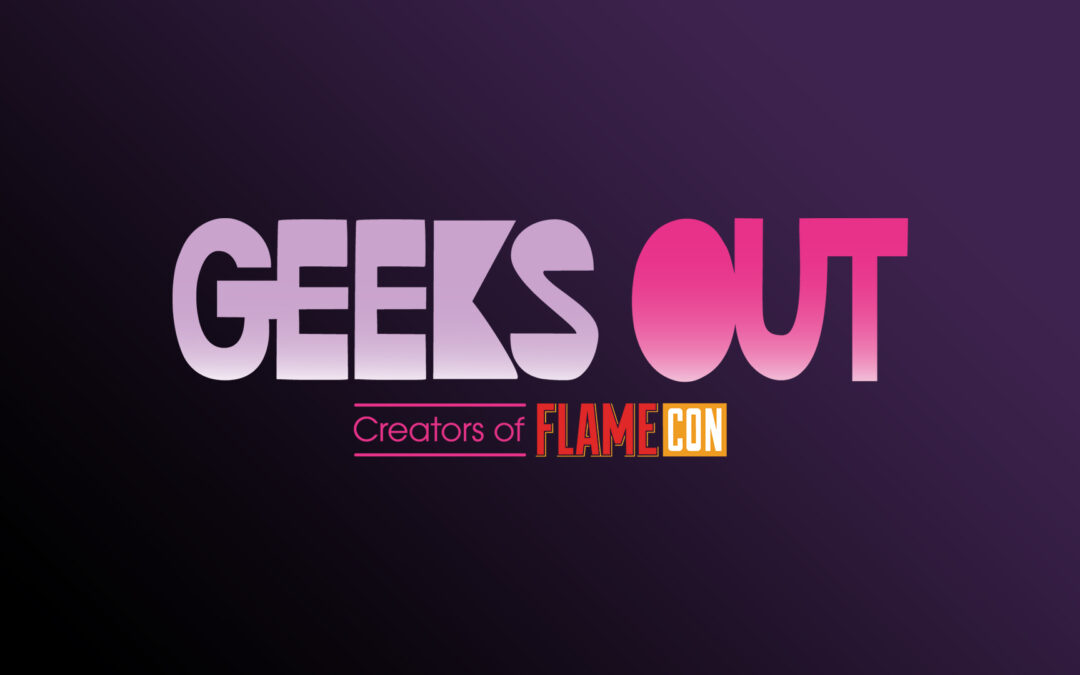Kaleigh Trace is a writer and therapist living in Toronto. In a previous life she made sex education her business. Her first book, Hot, Wet, and Shaking: How I Learned to Talk about Sex was published in 2014 and won the Evelyn Richardson Non-Fiction Award. In 2024, Invisible published a 10th anniversary edition with additional essays and a foreword from Christa Couture. Kaleigh’s work has also appeared in Toronto Star, Toronto Life, The Coast, Shameless Magazine, and on CBC Radio’s “Tapestry”. Kaleigh has a Masters of Science in Couple’s and Family Therapy and passable punch-needling skills.
I had the opportunity to interview Kaleigh, which you can read below.
CW: Discussion of sexual material
First of all, welcome to Geeks OUT! Could you tell us a little about yourself?
I am a queer, disabled couples & sex therapist and a writer. I split my time between Toronto and Nova Scotia because I struggle with commitment. I love sharing a knowing look with a stranger when a cute dog walks by; I hate the feeling of a drip of water sliding down the length of my arm after I’ve washed my face.
What can you tell us about your book, Hot, Wet, and Shaking: How I Learned to Talk about Sex, which will have its 10th anniversary publication in June? What was the original inspiration for this project?
I am so excited that this project gets to have a second coming (there’s a sex pun in there somewhere).
When I wrote Hot, Wet & Shaking ten years ago I was a sex educator in my mid-20’s, excited about coming out, radicalized by having an abortion, eager to see representation of other disabled people in the world of sex writing. Now I’m in my mid-30’s and I’m older and more tired but still excited, radicalized and eager. Everything and nothing has changed and it feels excellent to visit with my younger self.
To add a twist – just a few weeks after my publishers invited me to republish a revised edition of this memoir, I was diagnosed with terminal cancer and given 2 years to live. So, I’ve been in an editorial conversation with my younger self throughout the process of planning for my death, and that has been wild and healing. Honestly, it has all felt like some kind of full circle ordained magic.
Hot, Wet, and Shaking: How I Learned to Talk about Sex is said to be about sex, desire, and disability. Could you expand on this here?
When I decided to write Hot, Wet & Shaking I had been working at a queer, feminist sex shop for five years. I would spend all day talking to people about their fantasies, their wants, their worries, their shame. Through these conversations I felt a real sense of communion, this feeling like “Oh, we’re all just animals, looking for a home” or however David Byrne put it. So, I wanted to write something that would expose us and unite us. Looking back, I had a hope that if I spoke openly and shamelessly about my own sexual desires, my foibles and fuck ups (of which there are plenty) then other people would also give up the bit and admit that they also wanted, erred, felt joy, felt shame. Ambitious! I don’t know that Hot, Wet & Shaking fully achieved this but I can say this: since publishing, readers have repeatedly told me their most embarrassing sexual secrets. If a friend shits their pants, I am the first one they call. I have stood in front of crowds, a visibly disabled woman, and been understood as an object of desire. So, I guess this is what the book is about – our relatable humanness, our collective mistakes, and the right to be audaciously horny.
As a writer, what drew you to the art of writing?
I know that I have had the true and genuine privilege of publishing a book, but I still feel shy calling myself a writer. Like, who me?! I’m imperfect and insecure and uneducated, genuinely, about the act of writing. But I return to it over and over because for me, writing is about being in conversation with myself. It centers me inside my own life, and after I have written out my thoughts, experiences and sensations I feel a sort of invincibility, that I’ll be ok no matter what, even through death. I think about death a lot these days, as mine approaches. The psychoanalyst Winnicott said “ Oh God! May I be alive when I die!”. Writing makes me feel like that – really fucking alive.

How would you describe your creative process?
I’m an extrovert through and through, and a Sagitarrius rising, if you’re into that kind of thing. So I can only write if I am full up of human relationships. I like to write when I get home from a party, or after a long phone call with a friend. I like writing best in bars and cafés – I want to half listen to the conversation at the next table while I think through syntax and structure. Maximum stimuli as creative process!
As a writer, who or what would you say are some of your greatest creative influences and/or sources of inspiration in general?
All of my writing exists in the context of other disabled writers, activists and thinkers. I could not write if not for the work of Eli Clare, Leah Lakshmi Piepzna-Samarasinha, Mia Mingus, Alice Wong, Chloé Cooper Jones, Christa Couture, Audre Lorde, Judith Heumann and Rebekah Taussig, to name only some.
Aside from your work, what are some things you would want others to know about you?
Oh my god, I wrote an extremely personal memoir about my sex life when I was 27! It’s all in there, there is truly nothing else I want anyone to know about me, I swear!
What’s a question you haven’t been asked yet but that you wish you were asked (as well as the answer to that question)?
The question – what song do you hope they play at your funeral and why?
The answer – Dragonette’s “Hello” because it is an absolutely perfect song, no notes, nothing makes me happier.
What advice might you have to give for aspiring authors?
There are something like 4 “successful” writers in Canada, if we’re marking success by financial gain. So write because it is for you and because it feeds you (metaphorically, because it won’t feed you literally).
Oh, and build a good relationship with a strong editor.
Finally, what books/authors would you recommend to the readers of Geeks OUT?
I can’t stop reading the poetry of Hanif Abdurraqib, Ross Gay and Ada Limón. All so life giving!
Header Photo Credit Zoe Davison





0 Comments